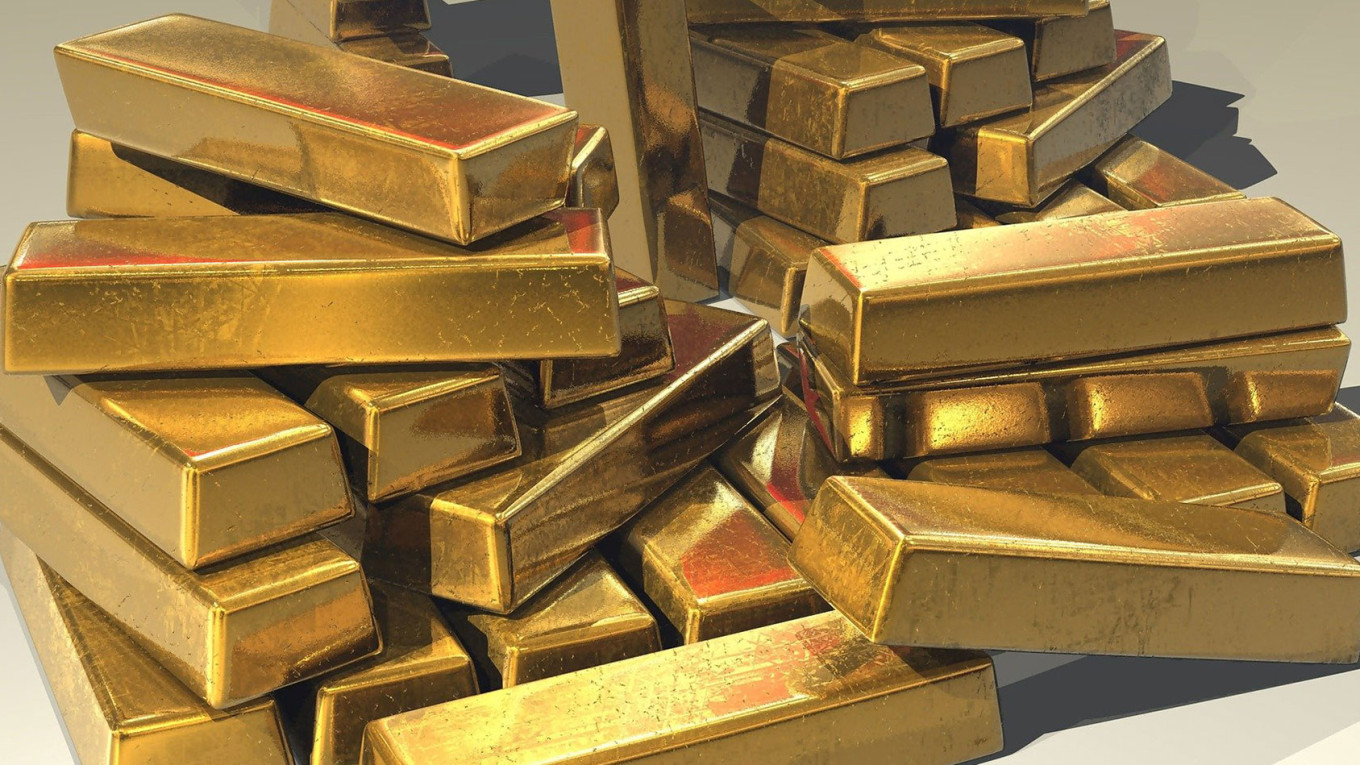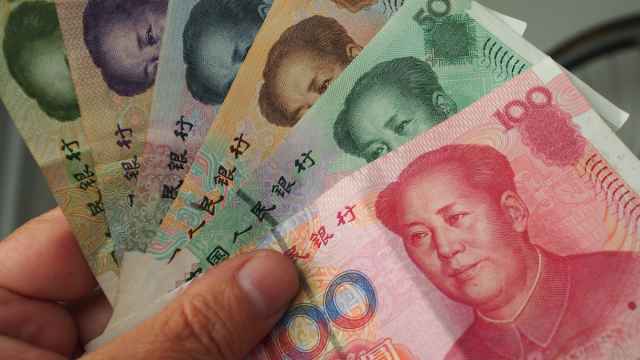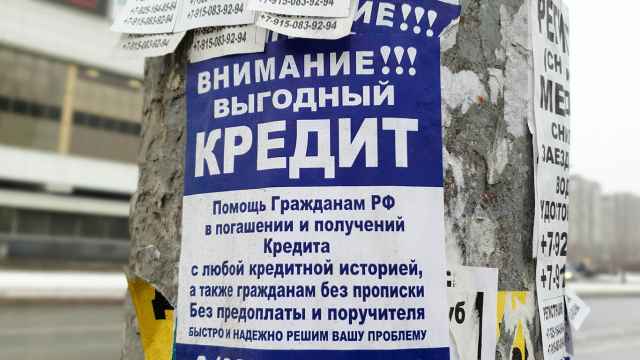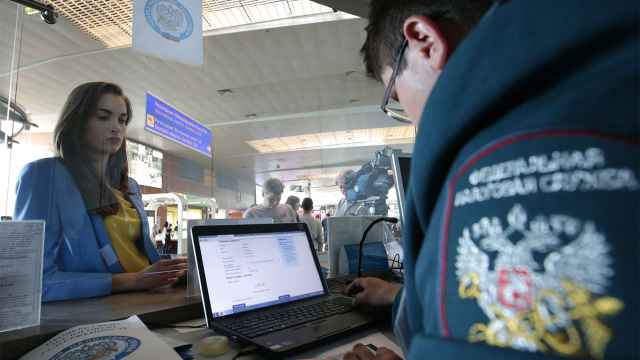Russians have been buying gold at an unprecedented pace since the full-scale invasion of Ukraine, with Western sanctions and restrictions on foreign currency transactions making the metal a popular option for Russians seeking to safeguard their wealth.
Russian citizens have purchased 282 tons of physical gold in the form of bars, coins and jewelry since early 2022, Bloomberg reported Wednesday, citing data from Al Banyan Tree Research.
The total exceeds the state reserves of several major European economies, including Spain (281.5 tons) and Austria (279.9 tons).
Russians are expected to buy 62.2 tons of gold (nearly 2 million troy ounces) this year alone, according to the Hong Kong-based research firm.
Purchases reached a record 73.7 tons last year, following 71.2 tons in 2023 and 60.7 tons in 2022.
By comparison, Russians bought 34.8 tons in 2020 and 46.8 tons in 2021.
“Individuals have historically preferred to invest in real estate and foreign currency, but after the sanctions-related restrictions, currency became a less convenient way to preserve savings, and since 2022, demand for gold has increased,” Dmitry Kazakov, a Moscow-based analyst at BCS Global Markets, told Bloomberg.
The trend has been encouraged by the Russian government, which has sought to support domestic gold miners hit by Western sanctions.
The world’s second-largest gold producer with annual output exceeding 300 tons, Russia has struggled to find new markets after being cut off from the London Bullion Market Association and other Western exchanges that set global trade standards.
Gold exports have nearly halved since the invasion, from 302 tons in the pre-war year of 2021 to 166 tons in 2024. Al Banyan Tree Research projects another 16% drop this year to 139 tons.
To boost domestic demand, the government scrapped VAT on gold bar sales to individuals in 2022, a move that sent retail demand soaring.
However, it remains unclear how much of the purchased gold has stayed in the country. Some Russians may have moved their holdings abroad as a safeguard, Kazakov suggested.
The government has responded by drafting new rules to curb gold outflows that would limit individuals to exporting no more than 100 grams each, Deputy Finance Minister Alexei Moiseyev said in September.
“Gold has started serving the same functions that cash once did, including money laundering and, I’m sorry to say, drug trafficking,” he added.
A Message from The Moscow Times:
Dear readers,
We are facing unprecedented challenges. Russia's Prosecutor General's Office has designated The Moscow Times as an "undesirable" organization, criminalizing our work and putting our staff at risk of prosecution. This follows our earlier unjust labeling as a "foreign agent."
These actions are direct attempts to silence independent journalism in Russia. The authorities claim our work "discredits the decisions of the Russian leadership." We see things differently: we strive to provide accurate, unbiased reporting on Russia.
We, the journalists of The Moscow Times, refuse to be silenced. But to continue our work, we need your help.
Your support, no matter how small, makes a world of difference. If you can, please support us monthly starting from just $2. It's quick to set up, and every contribution makes a significant impact.
By supporting The Moscow Times, you're defending open, independent journalism in the face of repression. Thank you for standing with us.
Remind me later.






